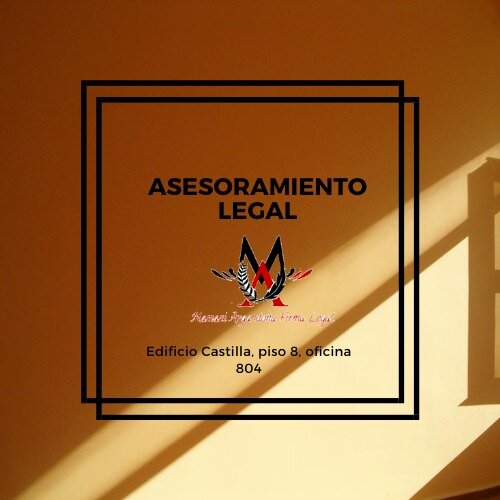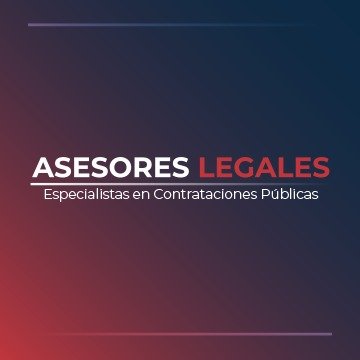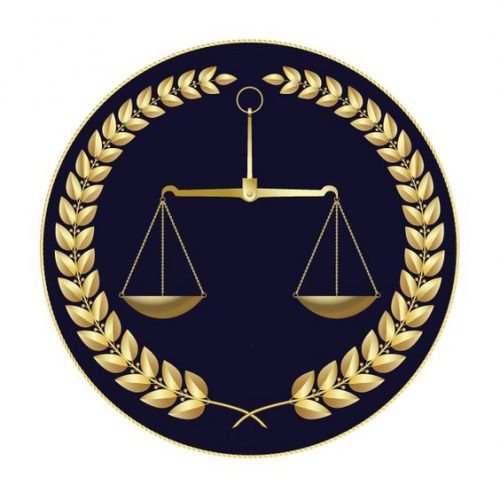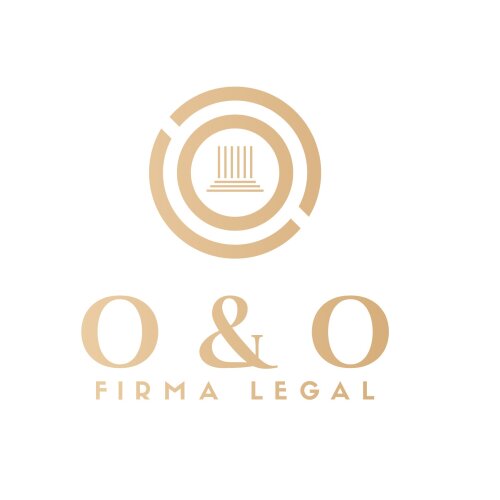Best Legal Document Lawyers in Bolivia
Share your needs with us, get contacted by law firms.
Free. Takes 2 min.
Or refine your search by selecting a city:
List of the best lawyers in Bolivia
About Legal Document Law in Bolivia
Legal document law in Bolivia is a comprehensive framework that governs the preparation, execution, and enforcement of legal documents. These documents can range from contractual agreements, wills, powers of attorney, to corporate documents. The Bolivian legal system is based on civil law, rooted in Roman and Napoleonic law influences, which means it relies heavily on written statutes and comprehensive codes. Legal documents must meet specific formal requirements to be considered valid and enforceable, including notarization and registration with the appropriate governmental authority where necessary.
Why You May Need a Lawyer
Individuals or organizations may require legal assistance with legal documents for several reasons:
- Contractual Agreements: Expertise in drafting, reviewing, and negotiating contracts can help avoid future disputes.
- Estate Planning: Lawyers can ensure wills, trusts, and other estate documents are legally sound and express your intentions clearly.
- Corporate Formation: Guidance in preparing articles of incorporation and other necessary corporate documentation.
- Property Transactions: Legal advice helps in preparing purchase agreements, leases, and ensuring compliance with property laws.
- Dispute Resolution: Assistance in managing disputes arising from legal document interpretations.
- Compliance and Regulatory Requirements: Ensuring that documents meet Bolivia's regulatory standards.
Local Laws Overview
Key aspects of Bolivian law pertinent to legal documents include:
- Notarization: Certain documents must be notarized to be legally valid in Bolivia.
- Language Requirement: Legal documents should be prepared in Spanish, the official language, to ensure enforceability.
- Document Registration: Some categories of documents, such as those related to property rights or corporate formations, require registration with specific governmental bodies for validity.
- Consumer Protection: Laws exist to protect consumers in commercial agreements, influencing the terms permissible in legal documents.
- Labor Laws: Documents relating to employment must comply with labor regulations to be enforceable.
Frequently Asked Questions
What are the main types of legal documents used in Bolivia?
The main types include contracts, wills, powers of attorney, real estate documents, and corporate documents.
Do I need a lawyer to draft a legal document?
While not always legally required, working with a lawyer can ensure your document is comprehensive, compliant with local laws, and enforceable.
What is the role of a notary in Bolivia?
Notaries in Bolivia authenticate and witness the signing of documents, ensuring their legality and helping prevent fraud.
Can foreign legal documents be used in Bolivia?
Foreign documents often need to be apostilled or legalized and translated into Spanish by a certified translator to be used in Bolivia.
How do I register a property purchase document?
Property transactions require registration with the Real Estate Office, which involves submitting notarized documents along with payment of necessary fees.
Are electronic signatures legally recognized in Bolivia?
Yes, electronic signatures are generally recognized under certain conditions, notably meeting security and identification requirements.
What is the language requirement for legal documents in Bolivia?
Legal documents must be in Spanish to be valid; foreign documents need a certified translation.
How often should corporate documents be updated?
Corporate documents should be reviewed regularly, particularly before significant transactions or changes within the company structure.
Can a non-resident be a party to a legal document in Bolivia?
Yes, but they might need to comply with additional requirements, such as having the document notarized in Bolivia or having representation within the country.
What should I do if I disagree with a document interpretation?
If there is a dispute over a document's interpretation, seek legal counsel to explore resolution avenues, including negotiation or litigation if necessary.
Additional Resources
For more information or legal assistance in Bolivia regarding legal documents, consider contacting:
- The Bolivian Bar Association for a list of accredited lawyers and legal experts.
- The Bolivian Ministry of Justice, which provides information on legal procedures and regulations.
- Local Chambers of Commerce, which often provide resources for businesses regarding compliance and legal documentation.
Next Steps
If you require legal assistance for a legal document in Bolivia, consider the following steps:
- Identify your specific legal needs and determine the category of the document involved.
- Consult with a qualified Bolivian lawyer who specializes in the relevant field of law.
- Gather all necessary information and documents related to your legal matter.
- Discuss fees and services with your lawyer to ensure clear understanding and agreement before proceeding.
- Ensure the final document is correctly executed, notarized, and registered if required by law.
Lawzana helps you find the best lawyers and law firms in Bolivia through a curated and pre-screened list of qualified legal professionals. Our platform offers rankings and detailed profiles of attorneys and law firms, allowing you to compare based on practice areas, including Legal Document, experience, and client feedback.
Each profile includes a description of the firm's areas of practice, client reviews, team members and partners, year of establishment, spoken languages, office locations, contact information, social media presence, and any published articles or resources. Most firms on our platform speak English and are experienced in both local and international legal matters.
Get a quote from top-rated law firms in Bolivia — quickly, securely, and without unnecessary hassle.
Disclaimer:
The information provided on this page is for general informational purposes only and does not constitute legal advice. While we strive to ensure the accuracy and relevance of the content, legal information may change over time, and interpretations of the law can vary. You should always consult with a qualified legal professional for advice specific to your situation.
We disclaim all liability for actions taken or not taken based on the content of this page. If you believe any information is incorrect or outdated, please contact us, and we will review and update it where appropriate.
Browse legal document law firms by city in Bolivia
Refine your search by selecting a city.

















